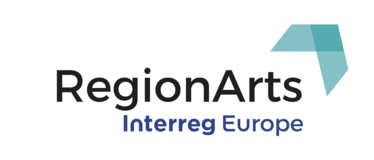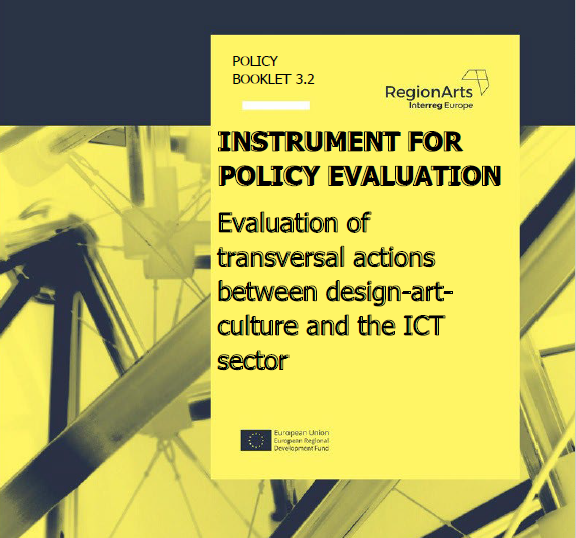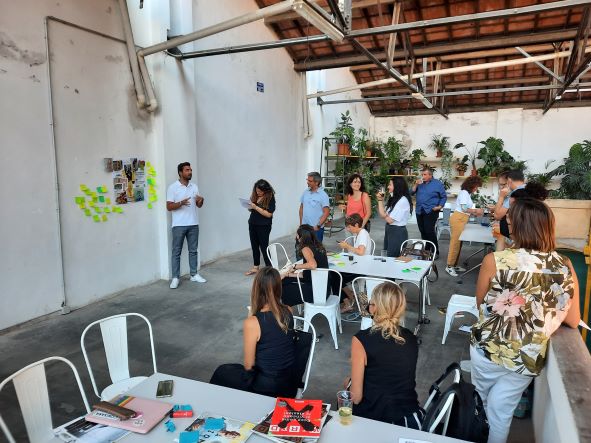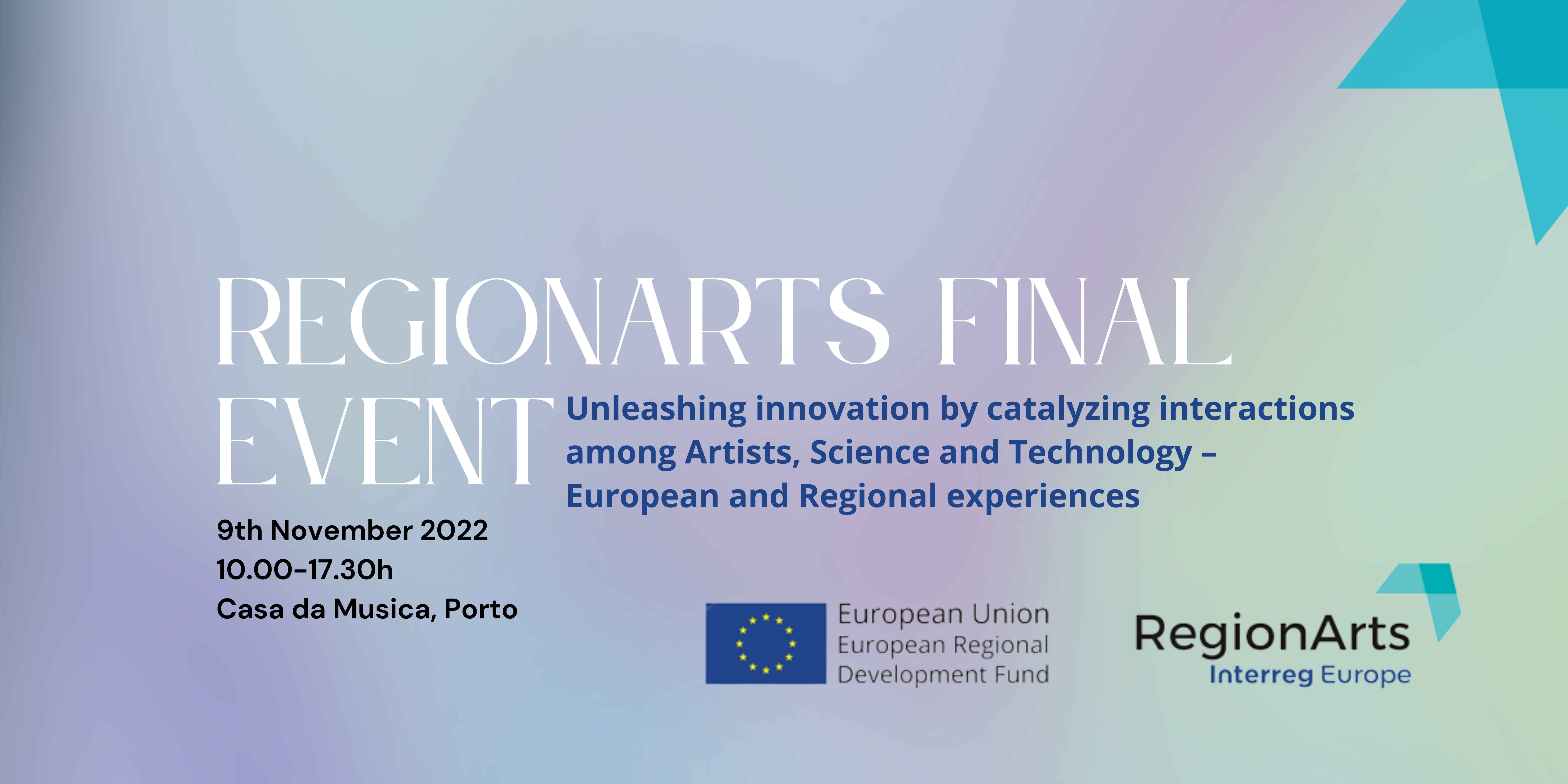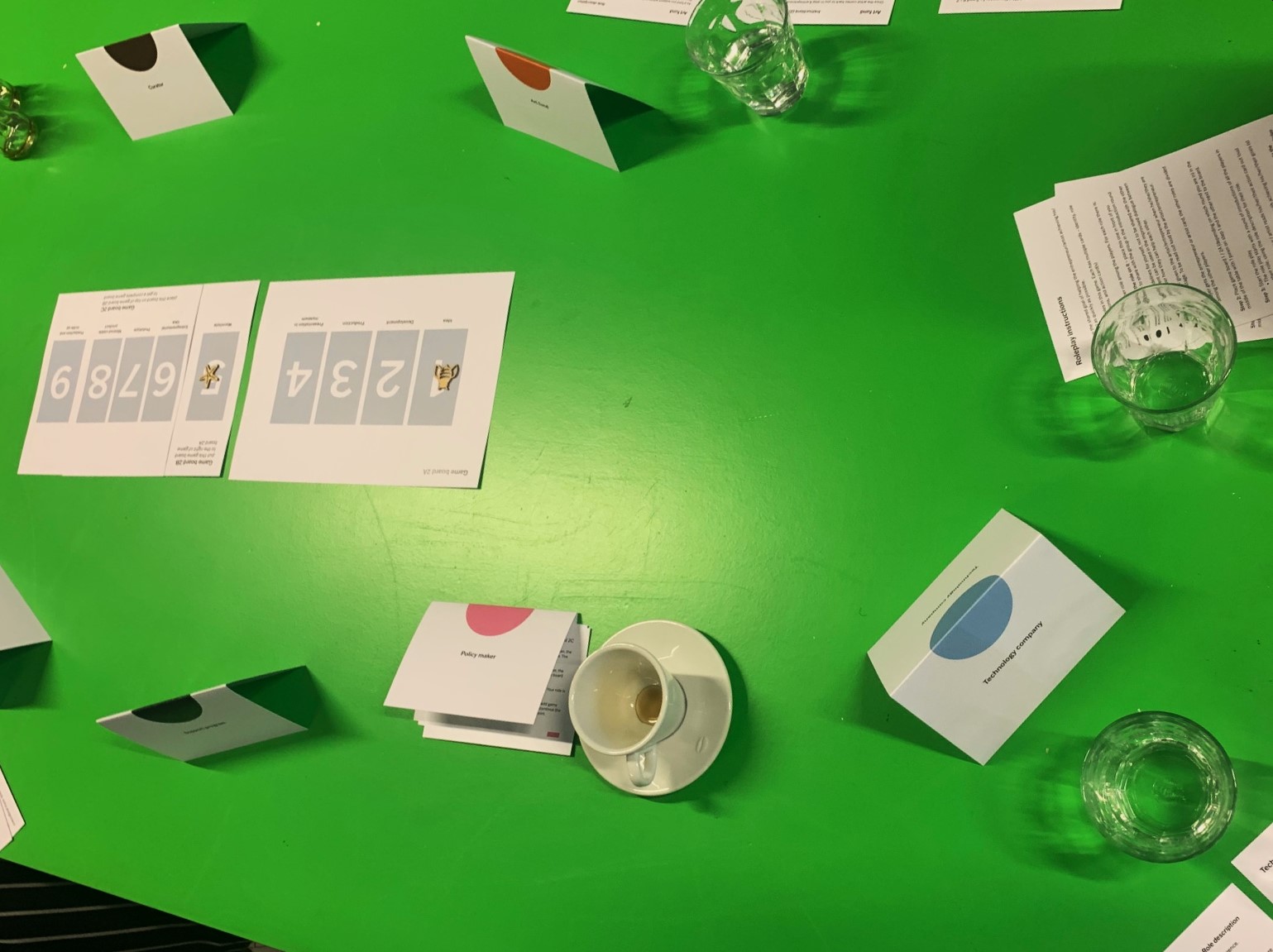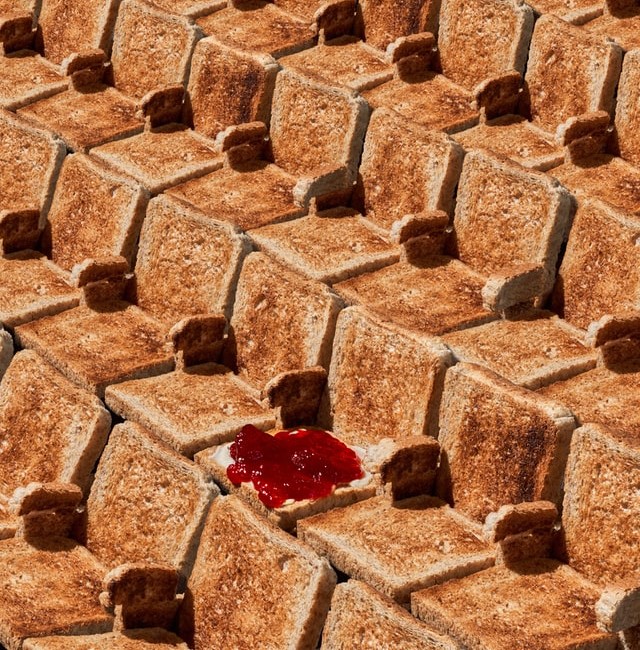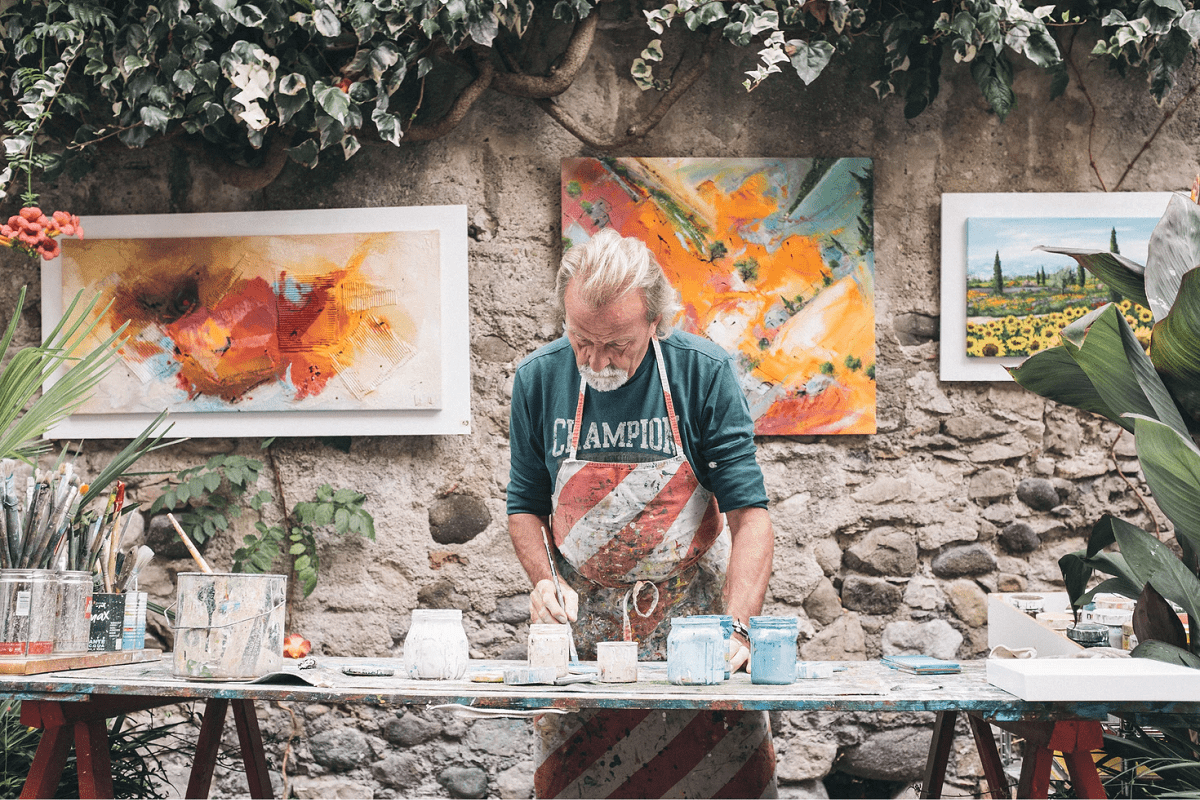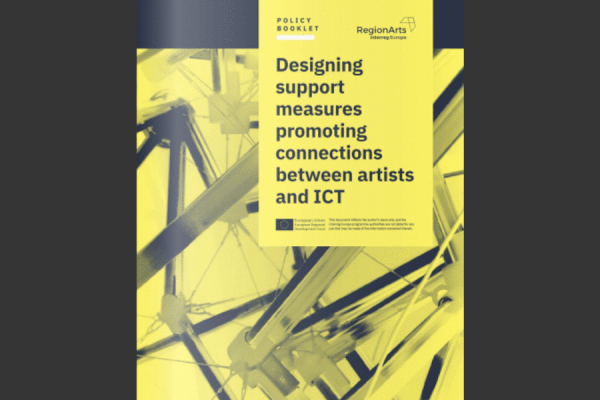On September 19 and 20, RegionArts project was involved as a co-organiser of “Mikroyrittäjyyden pohjoinen työpaja”, a seminar for Finnish micro-enterprises in Rovaniemi, Finland by Finnish partner Arctic Design Cluster/University of Lapland. The event was hosted together with several different projects by University of Lapland and Lapland University of Applied Sciences as well as Rovaniemi Development Ltd. Event brought together local and national micro-enterprises as well as relative stakeholders under a national event concept by MicroENTRE, a Microentrepreneurship Center of Excellence, in Finland.
The event gathered 76 participants in total and the main focus was to increase possibilities of micro-enterprises for growth with themes profitability and funding by increasing cooperation and knowledge sharing. This was very well-fitting with the RegionArts focus of enhancing SME growth, although on a more general level. The seminar served as the second dissemination event of RegionArts in Lapland, Finland bringing the perspective of ICT and Arts as well as European perspective from project partners to the region.
The seminar contained of presentations of innovative entrepreneurs from Finland, speed dating for networking, and presentations of projects and local public organisations as well as funding agencies. Public organisations, such as researchers from microenterprise networks presented previous results of research and academic actions, and banks, as well as other funding agencies, talked about funding possibilities. On the first day there was also a matchmaking event with speed dating and a networking dinner with a keynote by futurist Perttu Pölönen talking about disruptive businesses where technology and design play a central role.
On the second day there were success stories shared by entrepreneurs. One of them was a company from the little municipality of Lapland with a main traditional Finnish product - handmade knives. They talked about how, in the end, success may need a bit of luck. In their case this meant getting visibility from a stand-up comedian, which led to great success without extra cost but some effort and creative approach. This requires yet innovative attitude from the entrepreneurs to offer the comedian a humorous personal present without a further mission. Yet, this ended up as the main story of his next shows. There is definitely more to be learnt from this attitude to do things differently and genially while making use of the media of today at the same time.
After the speakers, a workshopping session was held to reflect on the themes of the event and for participants to create a light personal plan for the future especially with funding and collaboration in mind. There were also free networking and booths of hosts and sponsors as well as other stakeholders on the main event location during the two days.
RegionArts project had a booth to discuss with stakeholders, gather information about the needs and intentions of connecting arts and ICT. Project got valuable data about the focus on how project can support the needs of entrepreneurs. For two days, project had a presentation about project goals and future actions and call to action for interested to be involved in the project. Project members took part also to speed networking sessions. The goal was to disseminate the project and also have cross-disciplinary face-to-face meetings with entrepreneurs and talk about their needs, ideas and possibilities for collaboration. University of Lapland / Arctic Design Cluster offered also facilities for the event by photography service to help participants to network and facilitating a workshop to support turning lessons learned into actions.

All in all, the event was found a great way for especially local but also national level dissemination and networking under RegionArts with multidisciplinary participants and cross-cutting themes with a strong presence by creative and ICT companies. More over active participation offered valuable insights from the participants, especially from the new stakeholders, to improve collaboration between arts, design and ICT. It brought also together with the actors of Lapland and made visible the needs of entrepreneurs on a very practical level. Valuable benefit from the seminar was also that it gathered experts from many fields and from regional as well as the national level that can support each other's research: funding agencies, projects, higher education institutions and of course, entrepreneurs. Many ideas combining ICT and arts were discussed and business cards changed actively during and after the seminar with possible stakeholders.
